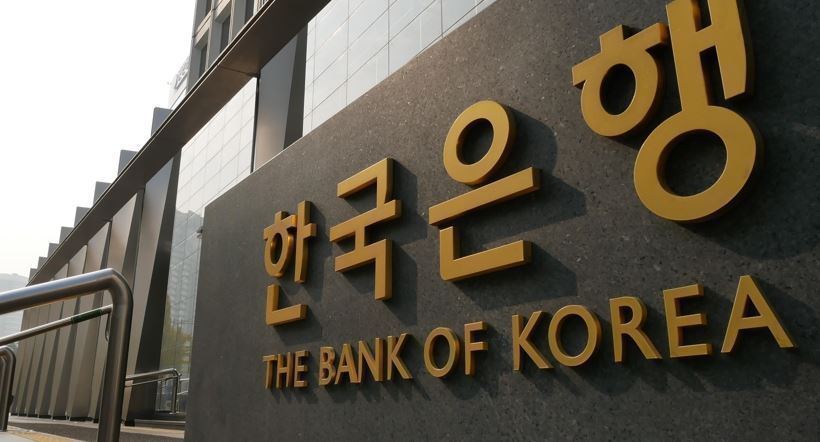 |
The headquarters of the Bank of Korea in Seoul (Yonhap) |
Despite advocacy work on climate action, the Bank of Korea turned out to have lagged behind major economies in terms of concrete policy actions to limit financing for businesses with climage-related risks, a report showed Wednesday.
According to a list of the Group of 20 nations ranked by green initiatives -- published by the non-profit Positive Money, the Bank of Korea took 13th place with the aggregate score of 11 out of 130, giving it a rating of D- on a scale of F to A+.
China topped the list with the score of 50, or grade C. Brazil and France came next with the scores of 45 and 43, respectively, which were both estimated at level C-.
Positive Money -- a research organization based in London, UK, and Brussels, Belgium, campaigning for a fair, democratic and sustainable money system -- evaluated the G20 central banks’ green initiatives under four categories -- research and advocacy, monetary policy, financial policy, and leading by example, in partnership with 24 global research institutions and non-governmental entities.
By category, the BOK posted a10 out of 10 in the research and advocacy section given that it had joined the Network for Greening the Financial System in 2019 -- a voluntary network of central banks established in December 2017 to help promote sustainable growth and joint management of climate change-related financial risks.
However, the authority scored zero in the areas of monetary policy and leading by example, while getting a score of 1 out of 50 in financial policy section.
The US Federal Reserve and other major economies’ central banks also scored full marks in research and advocacy but performed poorly in forming and applying practical monetary and financial policies designed to combat the global climate change, according to Positive Money.
“The BOK and related financial authorities in South Korea should step up their climate action by implementing monetary and financial policies, including a restriction on financing fossil fuel projects, in accordance with the government’s vision of achieving carbon neutrality by 2050,” said David Barmes, an economist at Positive Money and lead author of the report.
By Choi Jae-hee (
cjh@heraldcorp.com)







![[Today’s K-pop] Blackpink’s Jennie, Lisa invited to Coachella as solo acts](http://res.heraldm.com/phpwas/restmb_idxmake.php?idx=644&simg=/content/image/2024/11/21/20241121050099_0.jpg)
